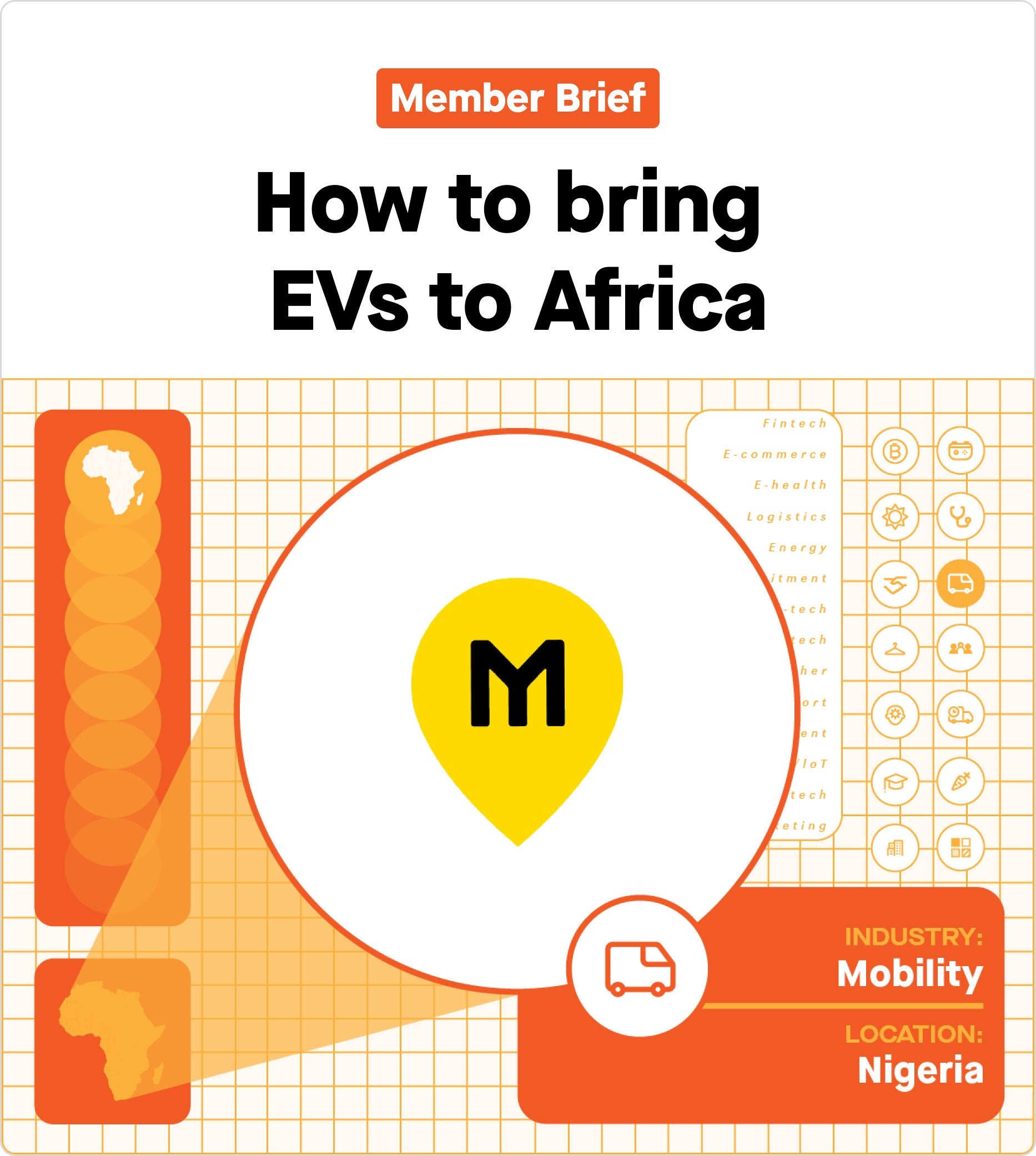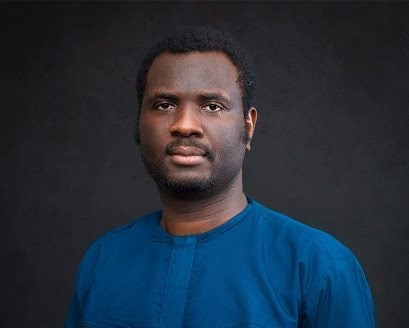✦ How to bring EVs to Africa
Hi Quartz Africa members!



Hi Quartz Africa members!
The world’s roads are increasingly populated by electric vehicles, and Africa is no exception. But while the booming EV market in the US and Europe is dominated by cars, in Africa the hottest emerging opportunity is for electric motorcycles and tuk-tuks.
Two- and three-wheeled EVs are well-positioned for a number of reasons. Most cars on the continent are imported, pre-owned, expensive, not up to the latest fuel-efficiency standards, and in need of routine maintenance. As a result, motorcycles—less expensive, more durable, better maneuvered through traffic and over low-quality roads—are already the largest and fastest-growing segment of the African vehicle market, says Rose Musito, research director at Energy for Growth Hub, a think tank focused on Africa’s energy transition.
Although they are more fuel-efficient than cars, motorcycles and tuk-tuks are so numerous and used so often that their total carbon footprint on the continent may exceed that of cars, according to the UN Environment Program, making them a ripe target for climate action. Compared to cars, electric motorcycles are relatively straightforward and low-cost to manufacture locally, with batteries still imported from China (also an enthusiastic adopter of two-and three-wheeled EVs) or upcycled out of used EVs from the US, Europe, or Asia. That means they can avoid sky-high car import tariffs, and ultimately be only a couple hundred dollars more expensive than a conventional motorcycle—a much smaller price gap than that between gas- and electric-powered cars.
Dozens of startups around the continent are now working on two- and three-wheeled EVs—including Lagos-based MAX, which has placed electric motorcycles at the heart of its broader goal to make vehicles more accessible, especially to delivery and gig-economy drivers.
Cheat sheet
💰 The opportunity: Because vehicles are such a large source of carbon emissions and air pollution, numerous governments in Africa have created tax incentives for companies that manufacture EVs and for drivers who buy them. The high price of gasoline, brought on by the war in Ukraine, makes the economics of EVs even more attractive.
🔌 The challenge: EVs are still more expensive upfront than conventional vehicles, and the global supply chain for batteries is convoluted and subject to disruption. For drivers to overcome “range anxiety,” they’ll also need a widely distributed network of charging stations that in most countries doesn’t yet exist. Electricity itself is often expensive and unreliable—so governments that want more EVs also need to upgrade their grids.
🔧 The road map: One way to keep import costs low is to assemble EVs locally, so companies need to invest in designers and engineers who understand local driving habits and needs. They also need to get creative with financing—possibly through leasing, or discounted insurance—so customers can overcome sticker shock.
🌍 The stakeholders: At this early stage, Africa’s EV market needs a lot more government support. More countries need to cut red tape, carve out tax and import tariff exceptions for EVs, and invest in R&D and charging infrastructure. EVs should also become a more prominent target for climate-related aid coming into Africa from the US and Europe.
0.05%: Share of vehicles that are electric in South Africa, the continent’s biggest car market
721 million metric tons: Carbon emissions that could be avoided by 2050 with widespread adoption of EVs in Africa, roughly equivalent to the carbon savings of building 200,000 wind turbines
50: Startups working on two- and three-wheeled EVs in Kenya alone, according to UNEP
$100 million: Annual funding needed from international governments and aid organizations to scale EV adoption in Africa to 10% of total vehicle sales by 2027
25%: Operation and maintenance cost savings per month for an electric motorcycle relative to a conventional one, according to MAX
1.5-1.8: Batteries MAX needs to stock per motorcycle it leases, so that drivers can swap dead batteries rather than wait for them to recharge
The case study
Name: Metro Africa Xpress (MAX)
MAX wasn’t founded as an EV company. Its main goal was, and is, to help professional drivers access and earn more from delivery and passenger gigs by owning their own vehicles. The company’s core product is lease-to-own vehicle financing, especially for motorcycles. But founder and CEO Adetayo Bamiduro said there was just one problem: His customers hated the bikes, which were mostly imported from China. They had short ranges and struggled with heavy loads, and manufacturers weren’t willing to make changes.
Bamiduro’s solution: Build his own bikes. As it turned out, the easiest kind to build was electric, using locally-sourced parts and imported batteries. The M3, MAX’s newest motorcycle model, has reinforced suspension, a battery range of up to 100 miles, and built-in USB ports for phone charging. It costs about $2,000, more upfront than a comparable gas-fueled motorcycle. But Bamiduro says that lower monthly gas and maintenance can offset the price difference in two to three years.
Today, EVs account for only about 600 of the company’s fleet of around 8,500 vehicles, Bamiduro said. But that’s hundreds more than just a few months ago, as the company taps $31 million in private equity investment it secured in December to import batteries from China and assemble its custom vehicles in Nigeria. MAX’s goal is to make half its fleet electric in the next two years.
One of MAX’s main competitive advantages over other EV producers, Bamiduro said, is its subscriber database, which holds insights into the driving patterns of more than 13,000 users that it can use to make decisions about vehicle design and charging station placement.
In conversation with

Adetayo Bamiduro is MAX’s founder and CEO. Here are some choice quotes from our conversation:
Why is now the moment for more drivers in Africa to go electric?
What are the biggest obstacles you see to more EV adoption?
What about supply chain issues?
🎵 This brief was produced while listening to “Enta Omri“ by Umm Kulthum (Egypt)
Have a highly motivated rest of your week,
One 🛥️ thing
It’s not just motorcycles going electric—one Dutch startup is working to bring electric fishing boats to Lake Victoria. The company, Asobo, aims to replace 5,000 diesel boat engines with electrics in the next five years.